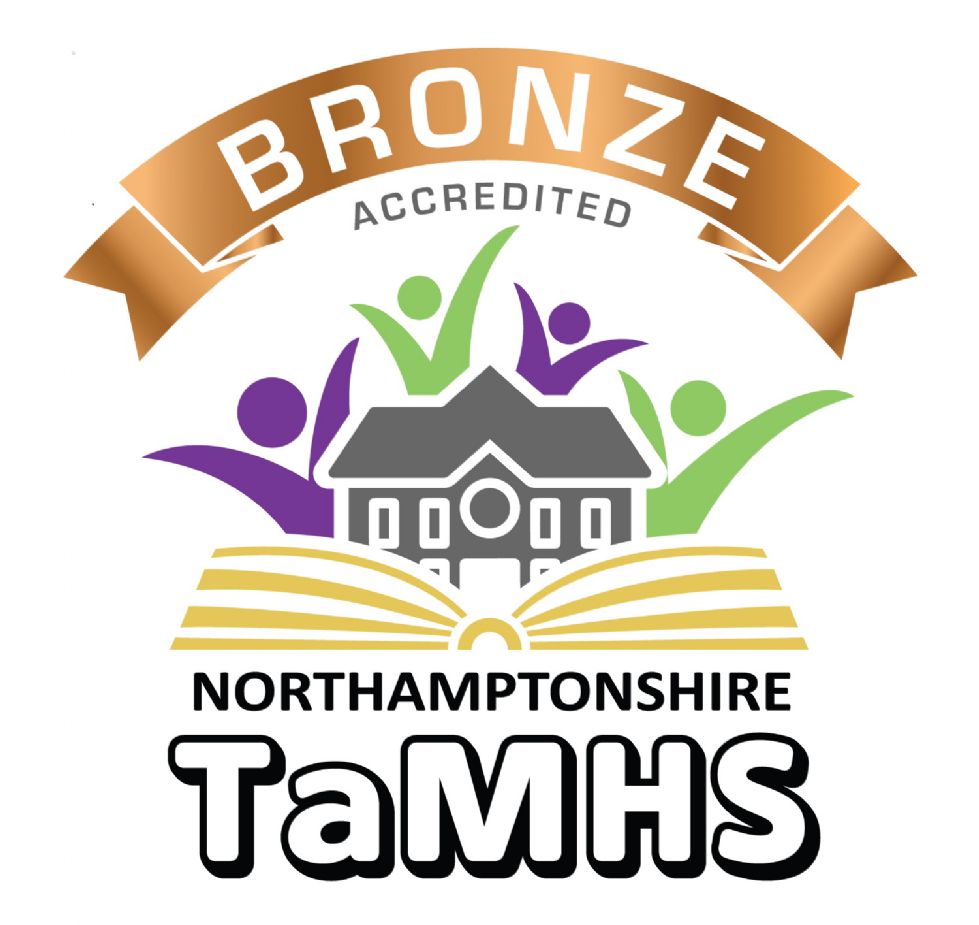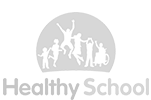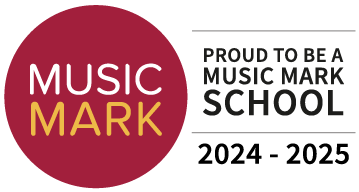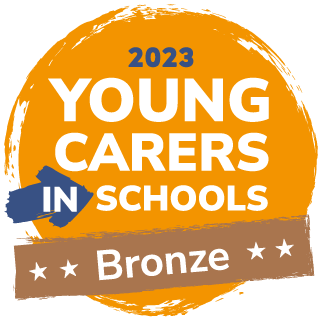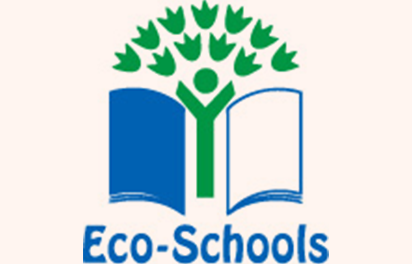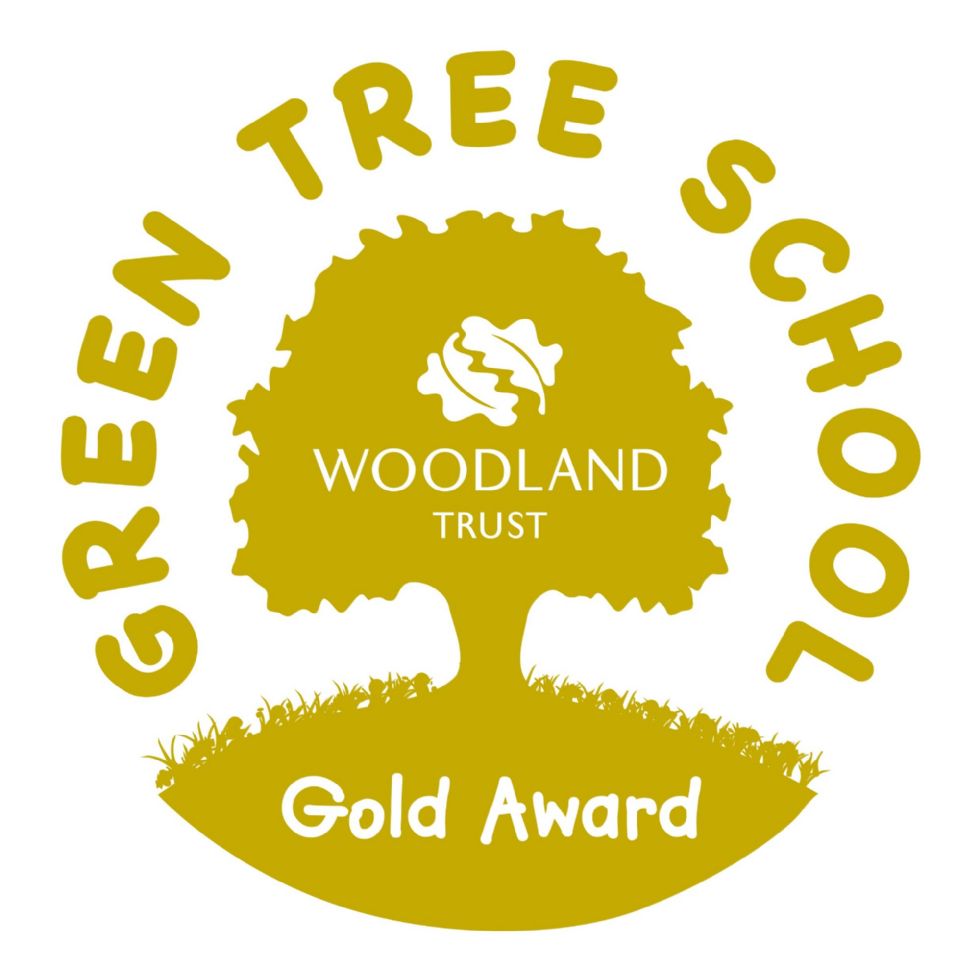Phonics and Reading
"The more that you read, the more things you will know. The more things you learn, the more places you’ll go.”
~Dr. Seuss
Reading is one of the most important skills your child will learn during their time at school. Reading, listening to and talking about stories and non-fiction develops children’s vocabulary, because they meet words they would rarely hear or use in everyday speech. Understanding vocabulary is vital for comprehension and also for wider learning and progress across the entire curriculum.
We recognise that being able to read is a key skill for life for all children and we believe that every child can learn to read with the right teaching and support.
Our aim is that every child leaves Beanfield Primary School a confident, fluent reader who loves reading and has a reading age that at least matches their chronological age.
Reading Intent
Reading is the key to unlocking the whole curriculum and therefore, at Beanfield, it has a heightened position within our curriculum. Early phonics teaching with the Read Write Inc. scheme at its core, ensures children develop the skill of reading so that they may develop a love of reading as their confidence improves. This is then enhanced by teaching children the skills of retrieval and inference so that they may fully appreciate what they are reading.
Children are supported to explore a wide range of texts that includes not only fiction but also poetry and cross curricular non-fiction books that link in with the topics they are studying. During their time at Beanfield, children will become fluent readers who can read with pace and expression. They will also have strong comprehension skills which will show their deep understanding of the texts they read. Combined, these skills will give our children the reading skills to succeed not only in the next step of their education, but also in later life.
Reading Implementation
Early reading is taught via a programme of systematic synthetic phonics (at Beanfield we follow the Read, Write, Inc approach) starting in Nursery and Reception then moving into Year 1. As children become confident in decoding (usually by the end of Year 1 or the beginning of Year 2) they start to focus on developing their reading speed and fluency and working on basic comprehension skills.
From Year 3 onwards regular reading is encouraged and whole class texts are used in English lessons to provide a stimulus for writing – these also link to our topic themes to enhance children’s understanding of their broader areas of study and the world around them. Information and other non-fiction texts are also used to underpin the knowledge they will gain across the curriculum as well as ensuring children are exposed to a wide range of high level vocabulary. Children’s reading fluency is a priority and in Years 3 and 4 children have a dedicated reading session focusing on developing in this area.
Reading comprehension lessons take place during the course of the week and children’s skills build as they move through the school. In Key Stage 1 the focus is on inference, retrieval and sequencing. In Key Stage 2, whilst inference and retrieval remain a focus, children begin to develop the skills of summarising and explain the meaning of words in context.
A high emphasis is placed on adults reading to children, with each class having a shared read book in addition to the books being used in English lessons, as well as children reading to adults. We follow the PM scheme for reading and across the school children are regularly heard read by an adult with dedicated time slots are timetabled to allow this to happen.
